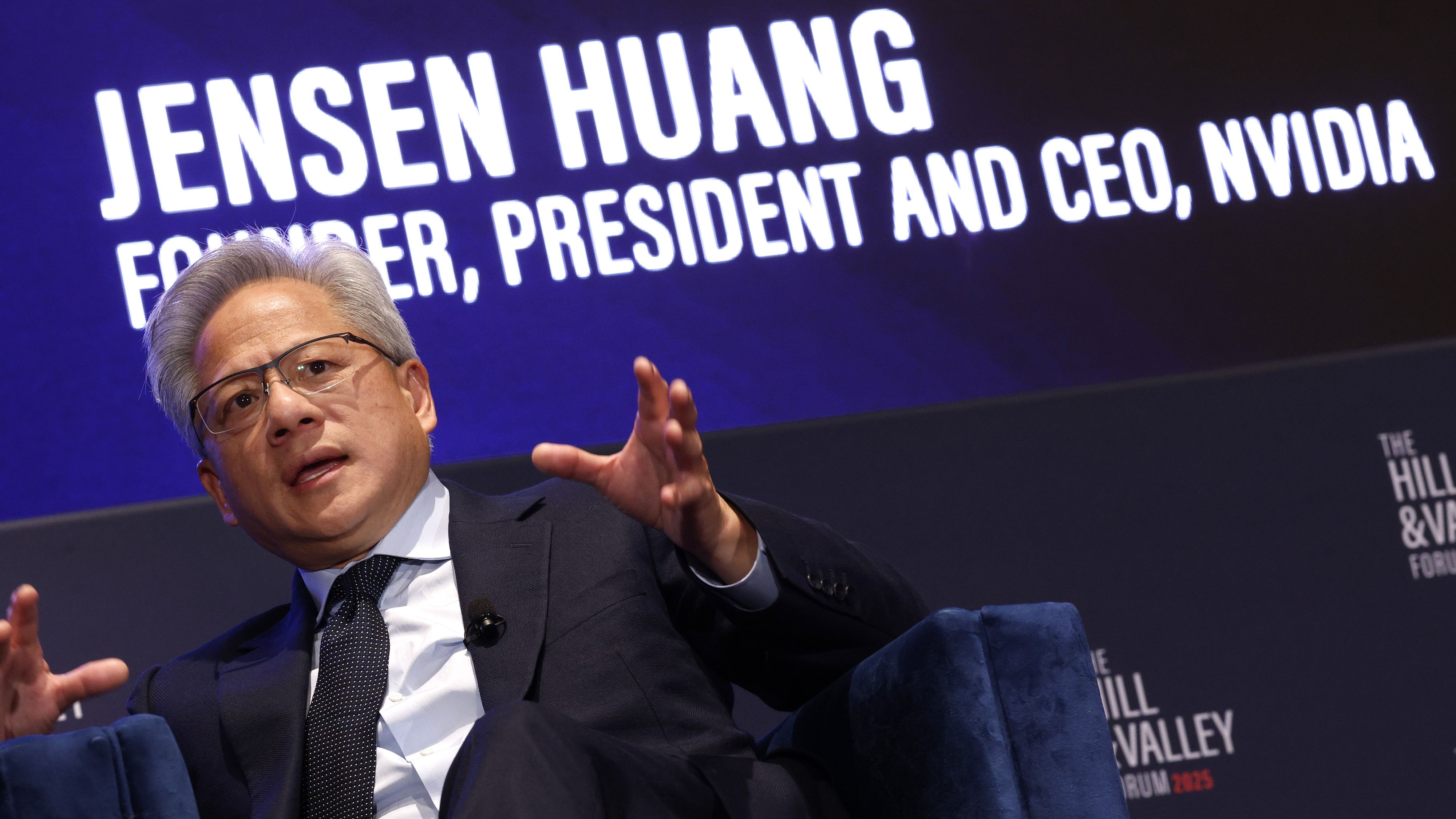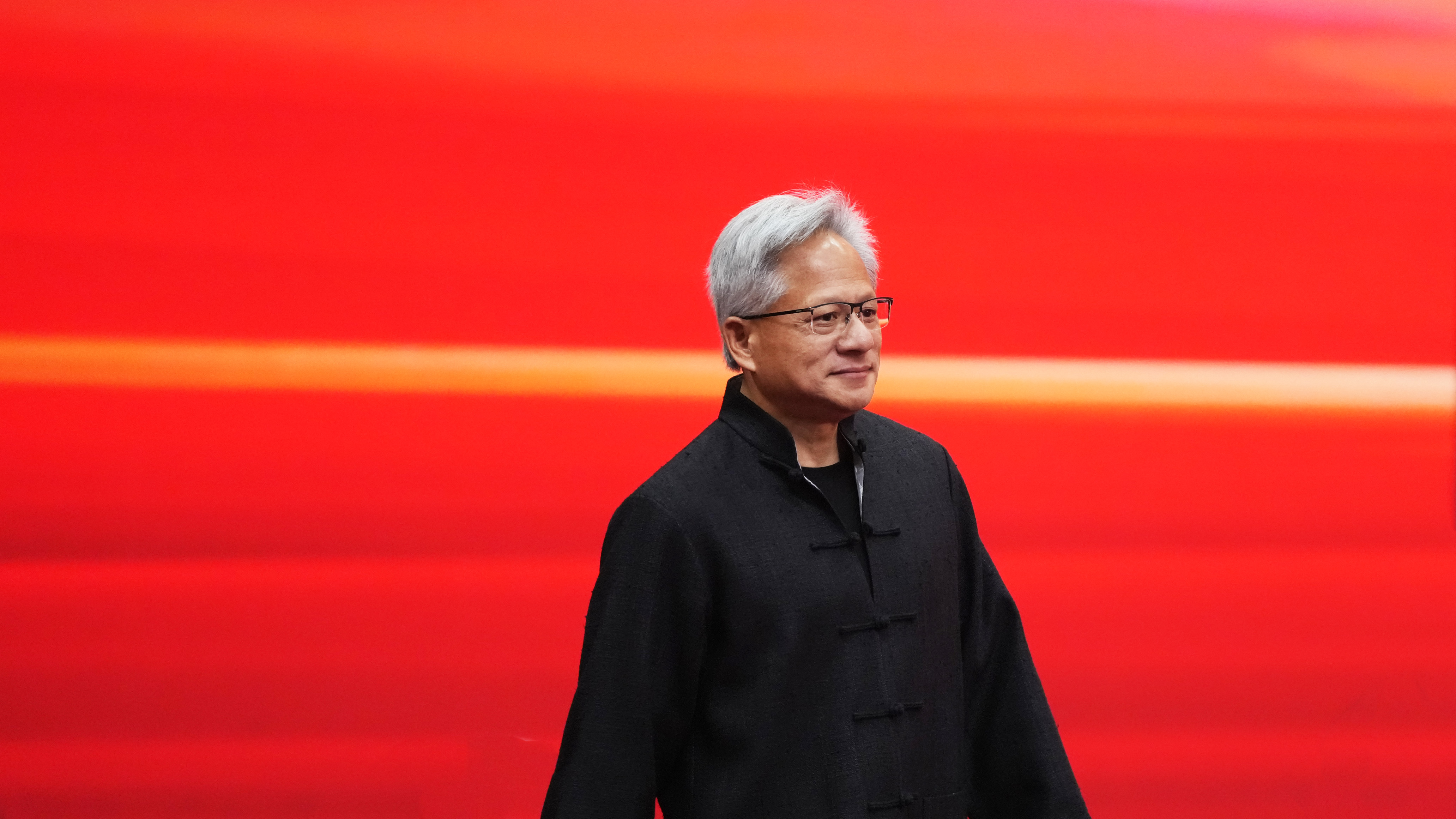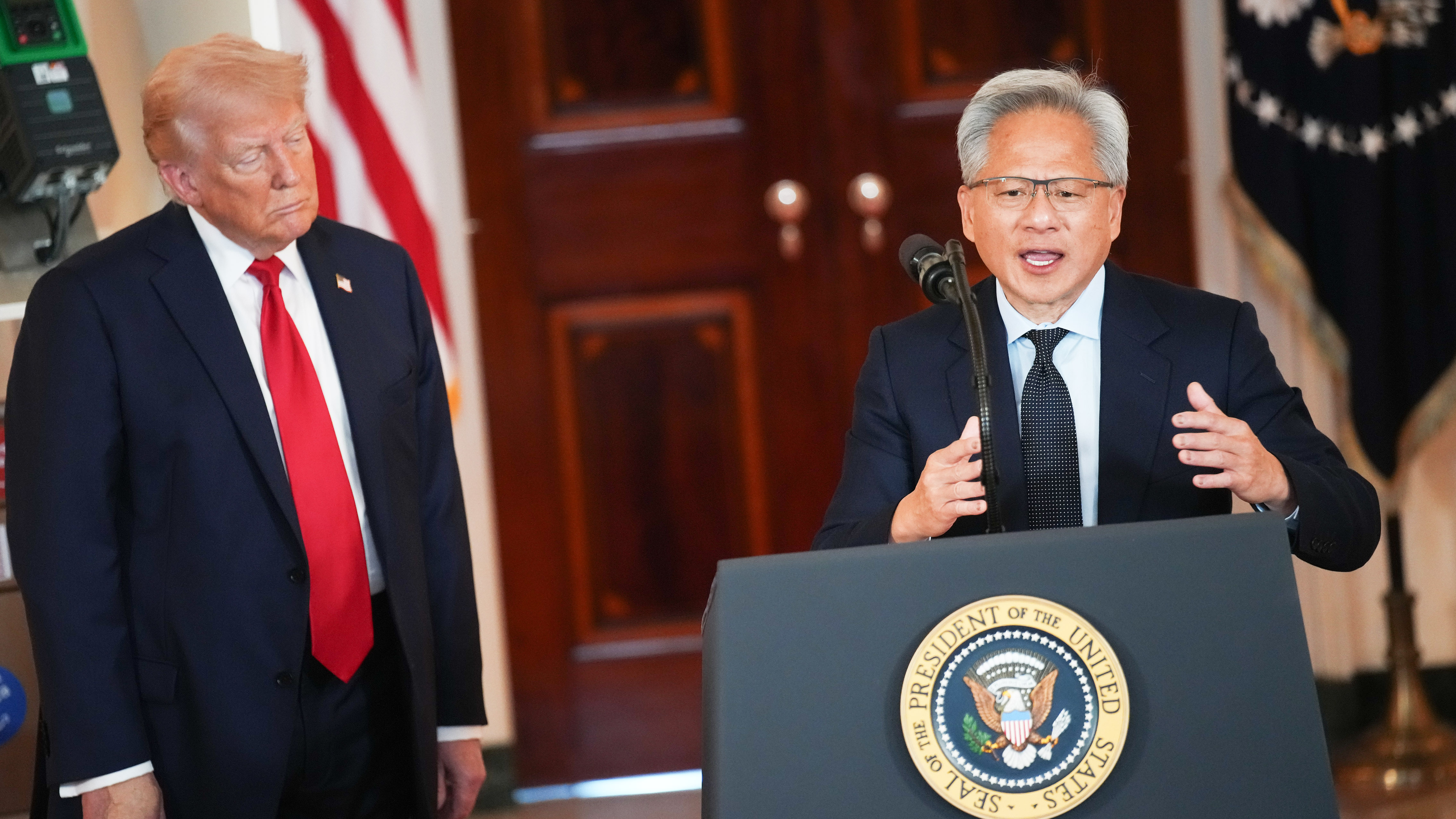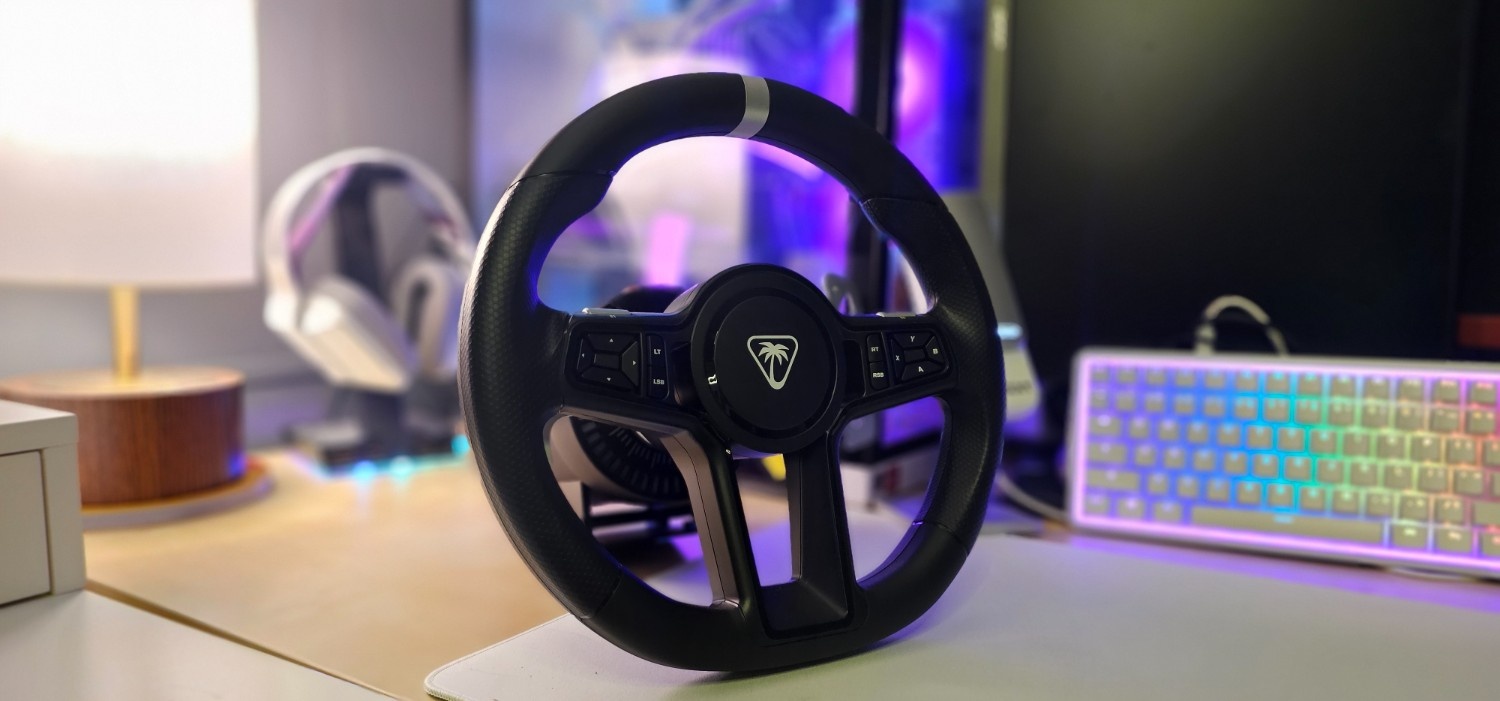
All the latest news, reviews, and guides for Windows and Xbox diehards.
You are now subscribed
Your newsletter sign-up was successful
Things are moving fast for NVIDIA as it attempts to remain the world's biggest supplier of AI chips and the world's most valuable company.
Just a couple of weeks ago, on July 14, it was announced that NVIDIA would once again resume sales of its H20 AI GPUs to China, marking the end of a White House ban in place since April 2025.
Now, as reported by Reuters, NVIDIA is scrambling to meet the unforeseen demand of the H20 GPUs in China following the recent ban reversal.
Despite sitting on a stockpile of somewhere between 600,000 and 700,000 H20 chips — at least according to sources who declined to be named due to unauthorized contact with the press — NVIDIA has ordered 300,000 more chips from TSMC.
Considering NVIDIA's CEO Jensen Huang remarked earlier this month that H20 production wouldn't resume unless enough orders for the chip piled up, I think we have a clear answer as to the level of demand NVIDIA is dealing with.
As noted in the Reuters article, it's estimated that NVIDIA sold approximately 1 million H20 chips in 2024. It could take up to nine months to get the supply chain rolling again, according to Huang, so I wouldn't be surprised if TSMC's production sheet continues to climb as more orders flood in at NVIDIA.
NVIDIA still faces opposition from the US Department of Commerce. Export licenses are required for the H20 chips, and according to Reuters, those licenses have not yet been approved. However, it seems like NVIDIA has received a promise that they'll arrive soon.
All the latest news, reviews, and guides for Windows and Xbox diehards.
Why are NVIDIA's H20 AI chips so popular in China?
NVIDIA's H20 AI chips are made specially for the Chinese market as an answer to the US government's ban on selling the premier Hopper H100, H200, and Blackwell B200 GPUs.
The H20 doesn't have the same raw performance as NVIDIA's mainstream AI GPUs, but it is nevertheless a preferred chip for AI inference tasks when other options aren't available.
Major Chinese firms, including Alibaba and Tencent, rely on the H20 chip to power their own AI models as well as DeepSeek's "cost-effective" AI model. It's reported that DeepSeek's R1 model used 50,000 NVIDIA Hopper GPUs to train, coming at a cost of $1.6 billion in hardware alone.
The April 2024 White House ban on selling H20 GPUs to China spurred the Chinese giant Huawei to expedite production of its new AI chip, the 910C, to meet the newfound demand for NVIDIA alternatives.
Beyond that, it's also reported (via Tom's Hardware) that NVIDIA GPUs such as the A100 and H100 are being sold secondhand on a thriving Chinese repair market.
And that's exactly what NVIDIA doesn't want to happen. NVIDIA currently controls about 90% of the AI chip market, which undoubtedly was the major driving force behind it becoming the first $4 trillion company.
What caused the Chinese H20 ban reversal?
The H20 ban reversal is reportedly partly due to negotiations with China regarding rare earth magnets. US industries need the magnets, while China needs H20 GPUs.
But NVIDIA's argument of letting it sell AI chips to foreign countries, rather than letting other AI firms gain power, no doubt played a big part in freeing H20 sales. NVIDIA's Huang is quoted as saying in the blog post announcing the resumption of H20 chips in China:
"We believe that every civil model should run best on the U.S. technology stack, encouraging nations worldwide to choose America."
Huang also noted that letting non-American AI chips become the global standard would be a "grave mistake" and would allow companies like Huawei to step in and gain control.
The ban reversal has received pushback from 20 national security experts, who posit in a penned letter that giving China the H20 chips will help it gain ground in the AI race:
"We write to express our deep concern over the recent decision to resume exports of Nvidia’s H20 chips to China. As policymakers and professionals with a background in national security policy, we believe this move represents a strategic misstep that endangers the United States’ economic and military edge in artificial intelligence (AI)—an area increasingly seen as decisive in 21st-century global leadership."
Of course, there's also a lot at stake for NVIDIA. The April 2025 ban resulted in a $5.5 billion write-off and billions more in lost sales. NVIDIA's main goal is to make money, and continuing to miss out on the massive Chinese market has got to be a massive frustration.
Considering the ban reversal, the Trump administration evidently believes that Huang's approach is the right one — allow NVIDIA to sell nerfed AI chips to China, keep Huawei and other competitors from gaining market share, and keep the stock market riding high on the back of NVIDIA's meteoric rise.

Cale Hunt brings to Windows Central more than nine years of experience writing about laptops, PCs, accessories, games, and beyond. If it runs Windows or in some way complements the hardware, there’s a good chance he knows about it, has written about it, or is already busy testing it.
You must confirm your public display name before commenting
Please logout and then login again, you will then be prompted to enter your display name.


